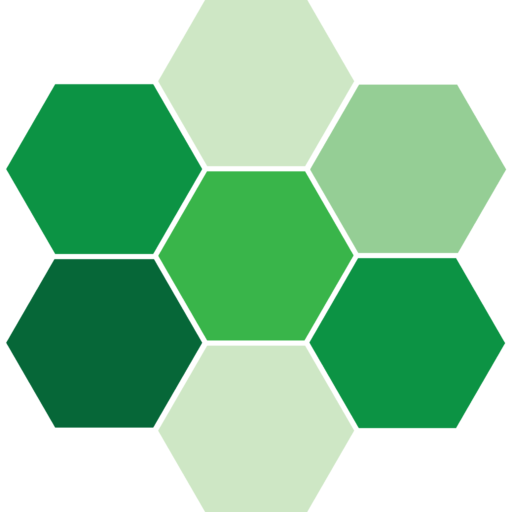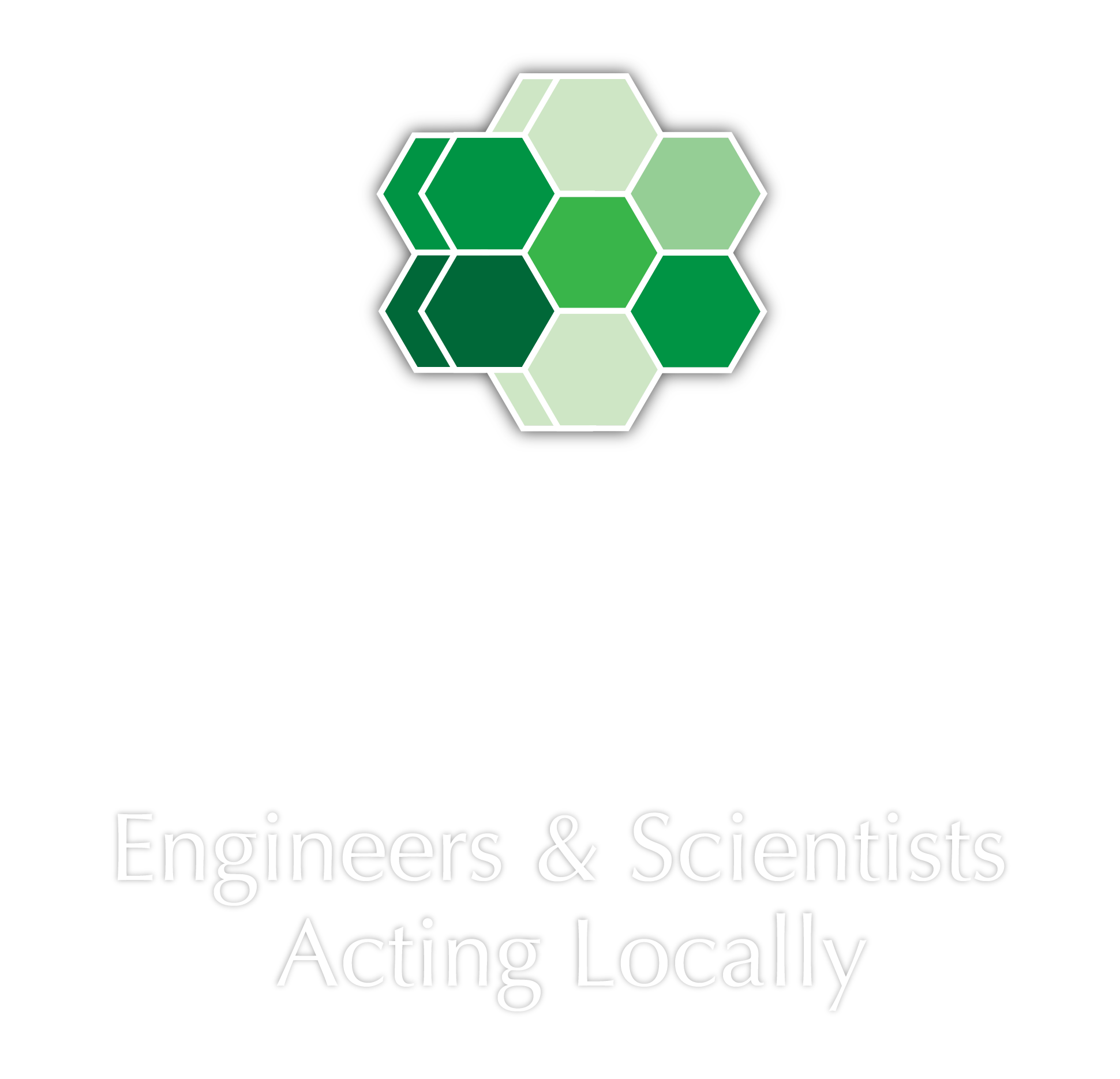This year marks the 40th anniversary of California Coastal Cleanup Day! This annual tradition has successfully diverted millions of pounds of plastic debris and waste from the ocean. ESAL volunteer Cynthia Prieto-Diaz is hosting a Cleanup Day event in San Leandro, CA. Register here to join. Event Highlights: ESAL is a fiscal sponsor of a grant […]


